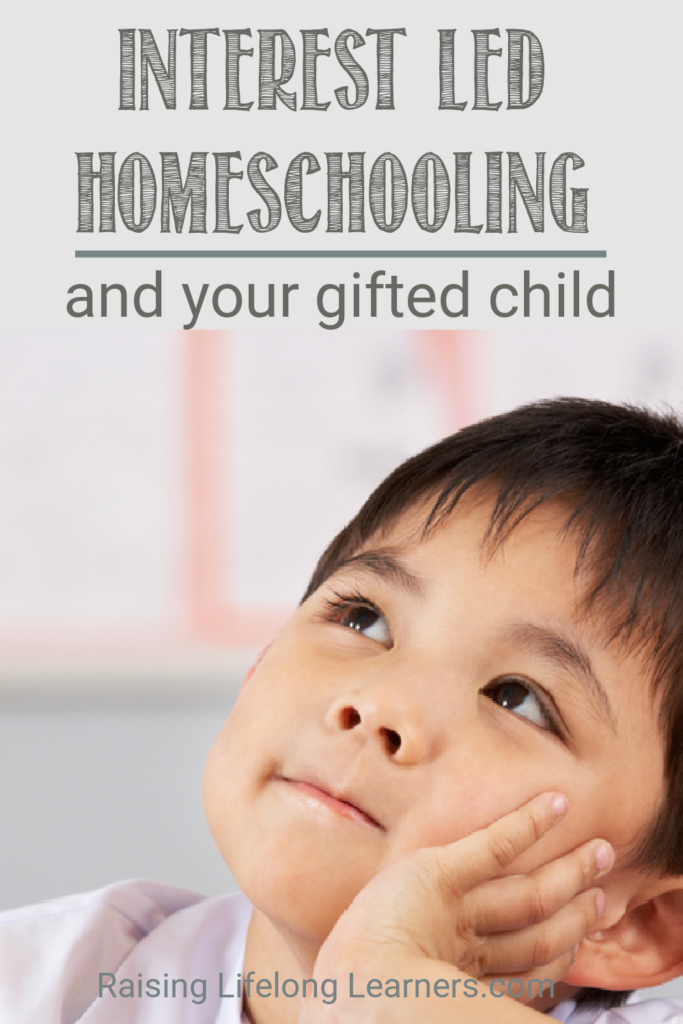

Nurturing Gifted Minds: Effective Home Schooling Strategies
In a world where education is increasingly personalized, home schooling has become a viable option for many families, especially those with gifted children. Catering to the unique needs of gifted minds requires a thoughtful approach to education. This article explores effective strategies for home schooling gifted children, aiming to provide insights and guidance for parents undertaking this rewarding yet challenging journey.
Understanding Giftedness:
Before delving into specific strategies, it’s crucial to understand what giftedness entails. Gifted children often demonstrate exceptional abilities in one or more areas, such as academics, creativity, leadership, or specific talents. Recognizing and embracing these strengths is the foundation for tailoring an educational experience that fosters their growth and development.
Flexible Curriculum Design:
One of the primary advantages of home schooling is the ability to tailor the curriculum to the child’s individual needs. For gifted children, this means going beyond standard grade-level material. A flexible curriculum allows parents to challenge their child with advanced concepts, enrichment activities, and specialized subjects that align with their interests and aptitudes.
Emphasizing Depth over Breadth:
Gifted children often crave depth in their learning experiences. Rather than covering a broad range of topics superficially, focus on delving deep into subjects that capture their passion. This approach not only sustains their interest but also cultivates a more profound understanding and mastery of the material.
Encouraging Independent Exploration:
Fostering independence is a crucial aspect of home schooling gifted children. Provide resources and opportunities for self-directed learning, allowing them to explore topics beyond the curriculum. Encouraging independent research, projects, and creative pursuits empowers gifted children to take ownership of their education.
Customized Learning Paths:
Every gifted child is unique, and their learning preferences may vary. Pay attention to their preferred learning styles, whether visual, auditory, or kinesthetic, and tailor the teaching methods accordingly. Customizing learning paths ensures that the educational experience is not only challenging but also engaging and enjoyable for the child.
Creating a Supportive Environment:
Home schooling is not just about academics; it’s also about creating a supportive and conducive learning environment. Establish a routine that balances structured learning time with breaks and recreational activities. Foster a positive and encouraging atmosphere that allows gifted children to thrive both academically and emotionally.
Connecting with Peers:
While home schooling provides a personalized educational experience, it’s essential for gifted children to connect with peers who share similar interests and abilities. Seek out local or online communities, extracurricular activities, and events where they can interact with like-minded individuals. Social connections play a vital role in their overall development.
Addressing Socialization Concerns:
One common misconception about home schooling is the potential lack of socialization. However, this can be effectively addressed through participation in community groups, sports teams, or co-op programs. Engaging in a variety of social activities ensures that gifted children develop crucial social skills and form connections with their peers.
Utilizing Technology:
Incorporating technology into the home schooling experience can greatly enhance the learning process for gifted children. Educational apps, online courses, virtual field trips, and interactive platforms offer diverse and stimulating ways to expand their knowledge and skills.
Home Schooling Gifted Children:
For more insights and resources on home schooling gifted children, visit Home Schooling Gifted Children. This website provides additional tips, support, and a community of parents navigating the unique challenges and joys of educating gifted minds at home.
In conclusion, home schooling gifted children requires a thoughtful and individualized approach. By understanding their unique needs, customizing the curriculum, and fostering a supportive environment, parents can create an enriching educational experience that nurtures the exceptional abilities of gifted minds.







